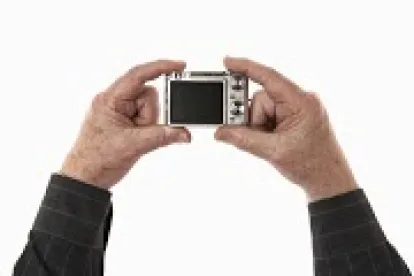In Yu v. Apple Inc., No. 2020-1760 (Fed. Cir. June 11, 2021), a divided Federal Circuit panel affirmed finding that claims directed to a digital camera were ineligible under 35 U.S.C. § 101.
Yu filed suit against Apple for infringement of U.S. Patent No. 6,611,289. Apple filed a 12(b)(6) motion to dismiss for failure to state a claim arguing the patent was ineligible under § 101. The district court granted the motion, finding the claims directed to the abstract idea of “taking two pictures and using those pictures to enhance each other in some way,” and failed to recite any “inventive concept” beyond that idea.
On appeal, Judges Prost and Taranto agreed. Under step one of the two-step Mayo/Alice inquiry, the Court found that the claims were directed to a “result or effect that itself is the abstract idea and merely invoke[s] generic processes and machinery.” Smart Sys. Innovations, LLC v. Chi. Transit Authority, 873 F.3d 1364, 1371 (Fed. Cir. 2017). The claimed lenses and sensors performed their basic functions and were claimed generically. Under step two, the Court found that the claims failed to recite more than a well-understood, routine, and conventional arrangement of generic parts. The Court rejected Yu’s argument that the claims provided a “specific solution” to low-resolution images and that the specification demonstrated enhancements to the prior art.
Judge Newman dissented. Her opinion decried the court’s enlargement of § 101 to encompass claims to digital camera technology. Judge Newman explained that the Supreme Court has made clear that § 101 is a “general statement of the type of subject matter” eligible for patenting, while other statutes concerned the “specific conditions,” such as novelty (§ 102). In her view, the Court violated the dividing line between § 101 and § 102 by finding the claimed digital camera abstract due to its well-known and conventional components.



 />i
/>i

